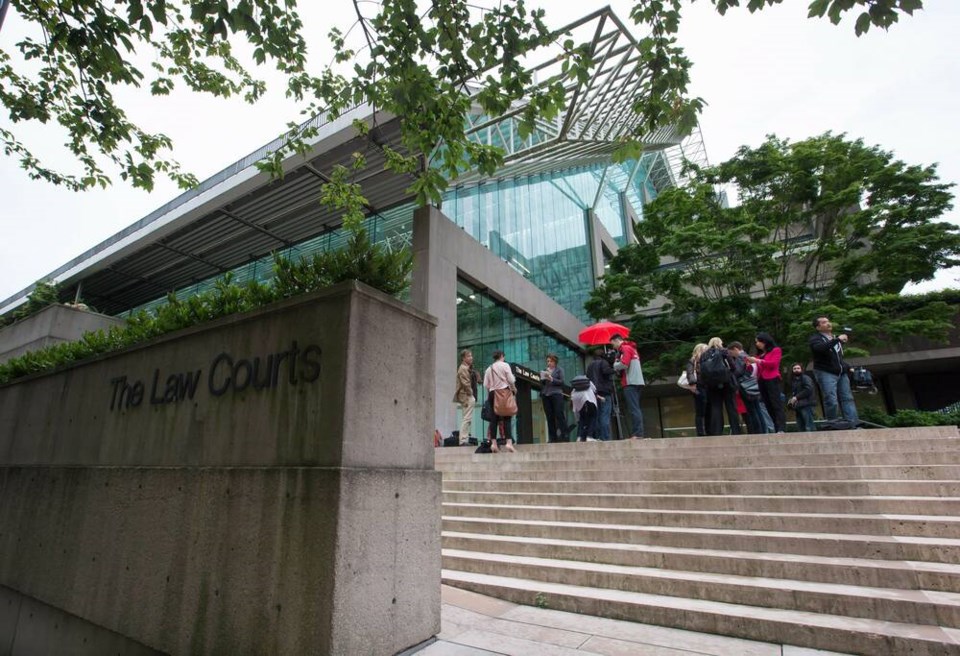The B.C. Court of Appeal has upheld a trial judge’s decision that two First Nations practices demonstrated in a Port Alberni elementary school did not infringe upon a mother’s charter right to freedom of religion.
Candice Servatius, whose appeal was dismissed on Monday, had taken issue with a smudging practice carried out in 2015 by a Nuu-chah-nulth elder in a classroom at John Howitt Elementary School, as well as with a hoop dance in which the dancer said a prayer at a school assembly.
The school has about 250 students and approximately one-third of students in the district are Indigenous.
Servatius argued in the Supreme Court of B.C. that the school had infringed on her right to freedom of religion by compelling her two children to take part in religious ceremonies contrary to their own faith.
B.C. Supreme Court Justice Douglas Thompson found in 2020 that the students were observing the events as educational experiences and not participating in them, and that their freedom of religion was not infringed upon.
Justice Susan Griffin wrote the appeal decision and Justice Gail Dickson and Justice Karen Horsman concurred with it.
The appeal involved Servatius, School District 70 (Alberni), the Attorney General of B.C. and the Nuu-chah-nulth Tribal Council.
Griffin wrote that “there will often be a tension between a person’s absolute freedom on the one hand, and, on the other hand, the needs of the community and the rights and freedoms of other people.”
It’s the role of the courts to determine both the scope of the charter’s guaranteed rights and freedoms and whether any limit is reasonable and justified, she said, citing a previous case that found the charter should be interpreted in a way that preserves and enhances the multicultural heritage of Canadians.
The Appeal Court judges pointed to the United Nations Declaration on the Rights of Indigenous Peoples, (UNDRIP), saying it “sets out the right of Indigenous peoples to the dignity and diversity of their culture, traditions, histories and aspirations, as appropriately reflected in education.”
In recent years, Canadian institutions have been moving to address historical mistreatment of Indigenous people by trying to forge a mutually respectful path forward, Griffin said, adding public education systems need to be involved in reconciliation.
“Significant efforts have been made to redress the historic legacy of schools being an unsafe place for Indigenous children and to help create better outcomes for Indigenous students.”
Values of multiculturalism are often raised when the courts are examining claims of violation of religious freedom, Griffin said.
The Supreme Court of Canada has consistently pointed to the importance of respecting a variety of cultures and beliefs, and tolerance for a diversity of views, she said.
While Thompson had ordered each party to pay its own costs, the Court of Appeal ordered Servatius to pay the school district’s legal costs after learning her legal case had been funded by the Alberta-based Justice Centre for Constitutional Freedoms.
>>> To comment on this article, write a letter to the editor: [email protected]


